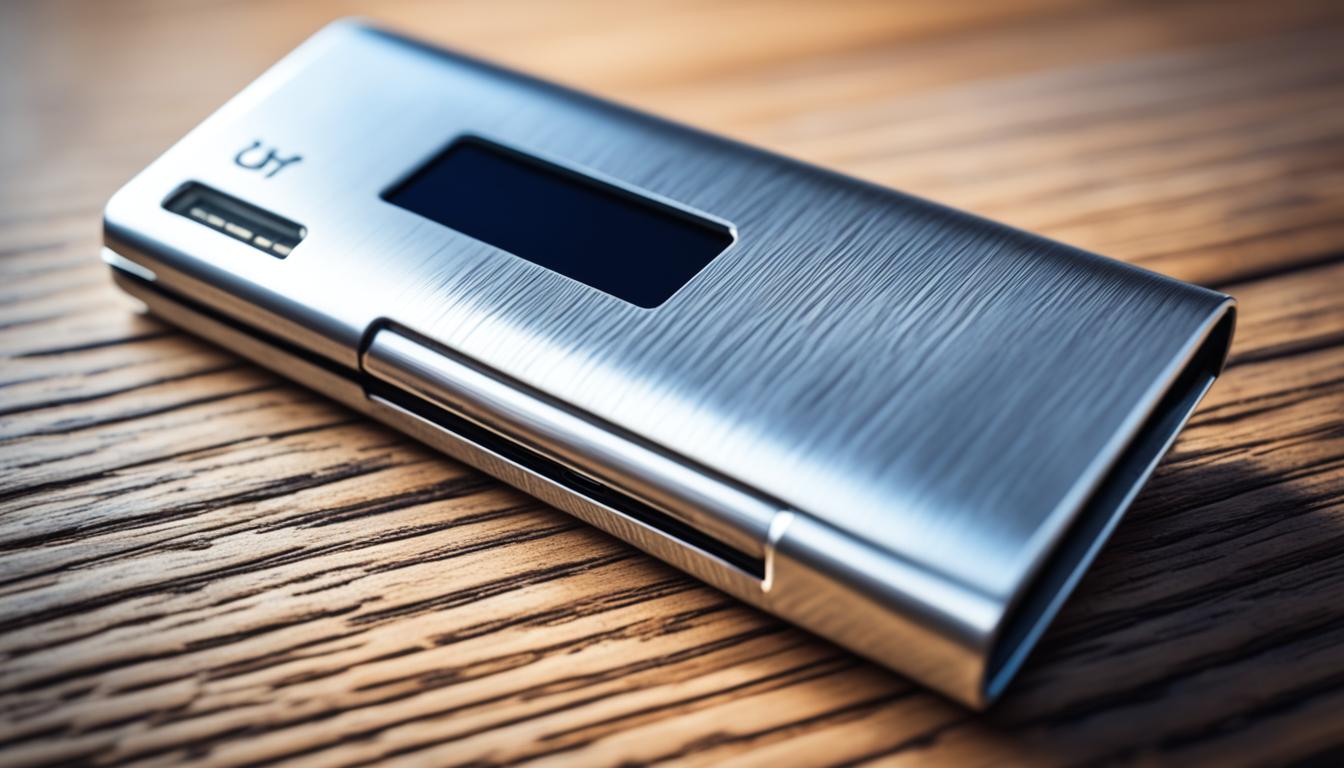A hardware wallet is a physical device that stores your cryptocurrency private keys offline, offering one of the most secure ways to protect your digital assets. Unlike software wallets, which are connected to the internet and more vulnerable to hacking, they keep your keys isolated from online threats, reducing the risk of theft.
These devices work by storing your private keys in a tamper-proof chip and allowing you to confirm transactions offline. To use a hardware wallet, you connect it to your computer or smartphone, and then manually confirm each transaction on the device itself. This extra layer of security makes an ideal choice for long-term crypto storage.

